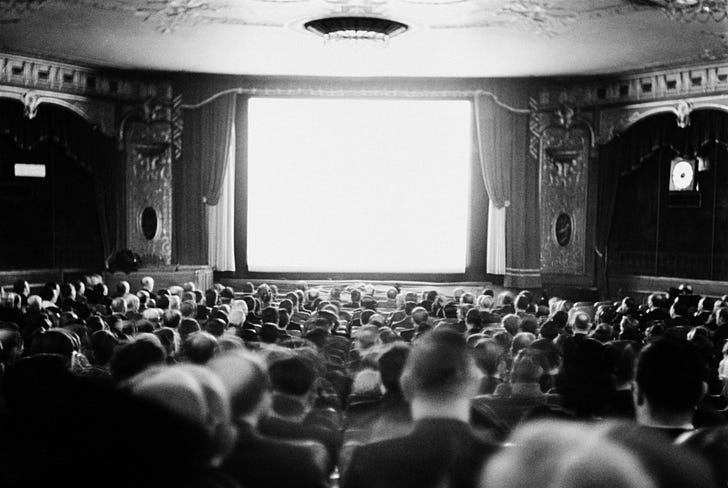
Please check out my conversation with C. Derrick Varn, my interview with Opportunity Now, my podcast with Coming from Left Field, and check out Olga Khazan’s new Substack, The Personality Project.
The other day a friend of mine was complaining about Netflix’s recent crackdown on password sharing. She’s trying to figure out what she feels she needs and what she can let go, from her entertainment budget. She feels compelled to pay for Disney+ for her kids, her husband only agreed to cut the cord and drop cable if they got ESPN+, and now she’s going to have to decide whether to pay for Netflix after using a friend’s account for many years. It’s just another expense among the death by a thousand cuts that is budgeting for a family.
I bring this up because I think it’s a very sympathetic scenario for a practice that I’ve never thought was sustainable. The reaction to Netflix’s crackdown has been widely discussed as an at least unfortunate move (Wired calls it a “killjoy campaign”) and often as a matter of pure corporate greed. And yet I’m never quite sure how people think the streaming economy can work, if everyone can just share passwords without restraint. How many households should be able to use the same account? Five? Ten? A thousand? Streaming finances remain very dicey more than fifteen years after Netflix first started beaming video directly over the internet. The era of the free rider reminds me of the period from around 2000 to 2015ish, when written media companies felt compelled to hand out their product online for $0. Somehow, many in the industry were surprised as hundreds of newspapers and magazines and websites closed their doors during this era. It’s only really been in the last decade or so that major players realized that they should charge money for the product they produce. It may well prove to be too late for journalism, though, as most of the publications that are surviving are top-of-the-market incumbent players. For many people, paying for written news and commentary now feels like a scam. And that, I fear, is the kind of attitude that the password crackdown reveals, spreading to Hollywood.



